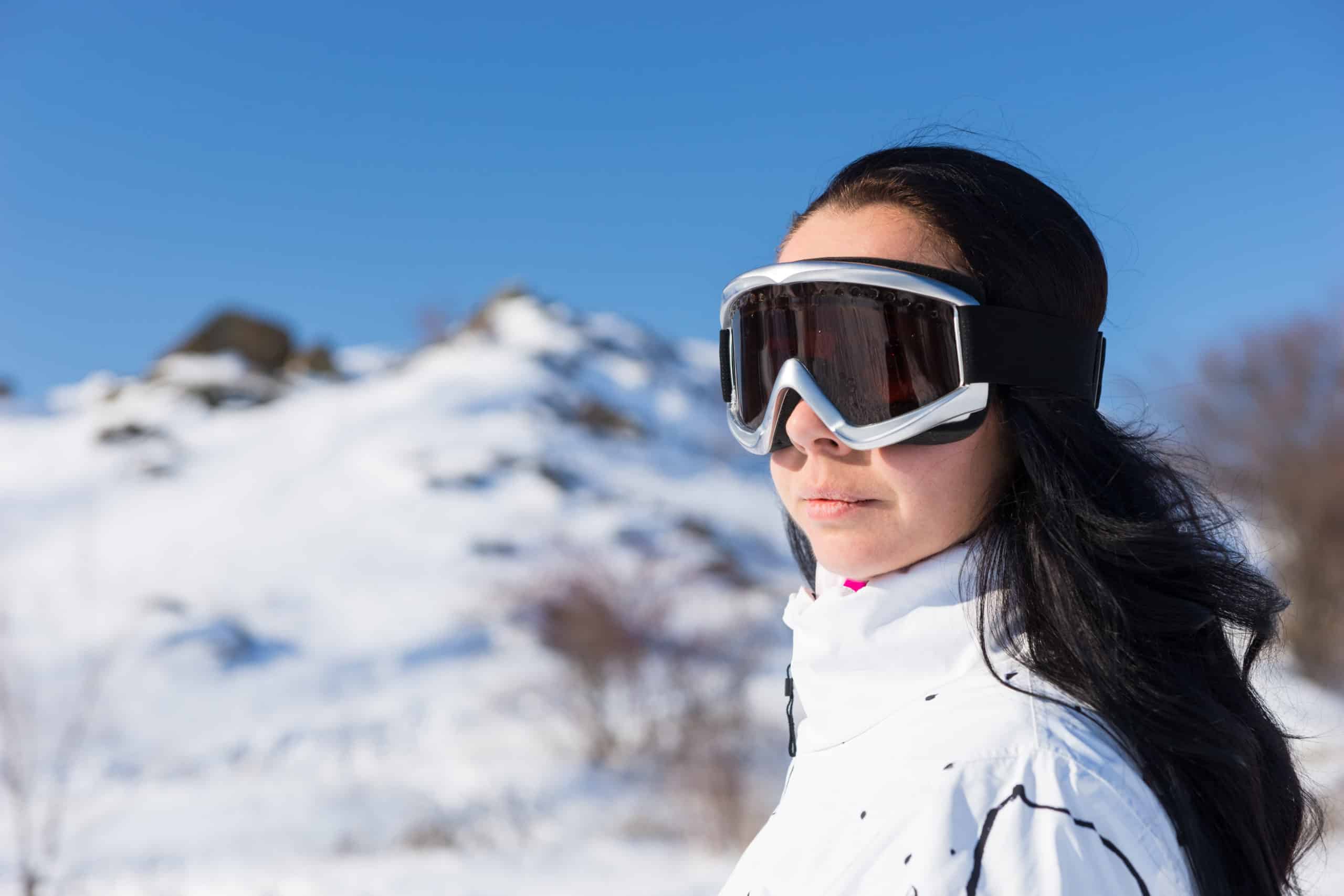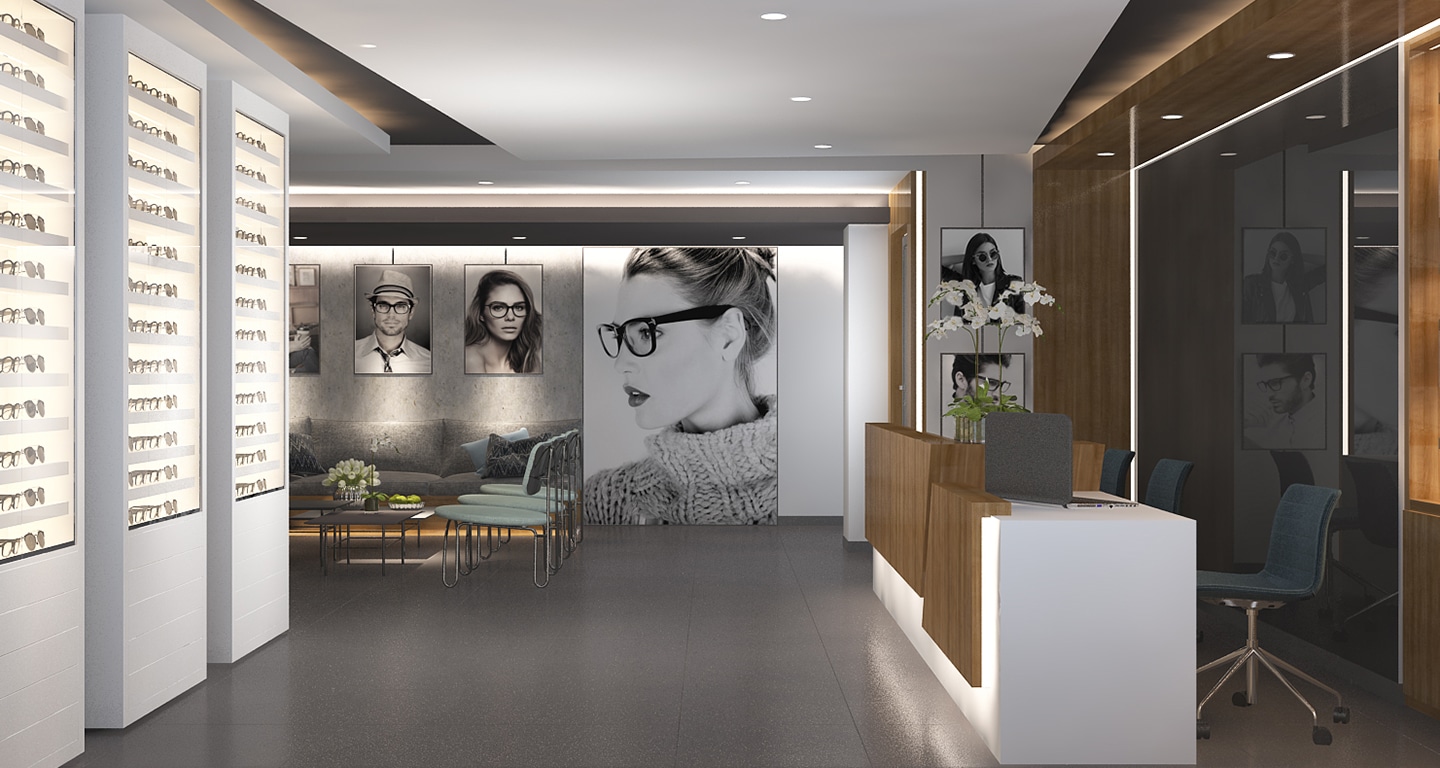The Dangers of Snow Blindness
April 7, 2022

During this time of year, many people are enjoying the winter weather and snow. If you are engaging in winter sports, taking a vacation to the mountains, or simply building a snowman with your loved ones, you’re going to be around a lot of snow. However, there are risks that come with these winter activities. One that many people do not think about is “snow blindness”.
What is Snow Blindness?
Also called “photokeratitis”, snow blindness is a condition where your eyes are exposed to too much UV light from the sun. The UV light causes a “sunburn” on the eyes just like it does on skin. This is especially common during the winter months because snow and other light-colored objects reflect so much sunlight. Symptoms of snow blindness include pain, watery eyes, headaches, halos, and even in rare cases vision loss.
What are the Risks?
Snow blindness is a temporary condition, but it can lead to more serious conditions: vision loss, cataracts, pterygiums, and eye cancer. During the time that you have snow blindness, it can impair your ability to drive, play sports, or get around safely.
What Can You Do?
The best thing you can do for serious cases of snow blindness is talking to your doctor. They can treat you for the effects, and give eye drops to help with the discomfort. If you are outside and start to feel discomfort you can put on a hat, get inside or in the shade, and make sure that you are wearing eye protection such as sunglasses or snow goggles. You can also reduce pain or swelling by applying a cold compress to your eyes.
What to Look for in a Pair of Sunglasses
There are three important factors to consider when purchasing a pair of sunglasses:
- UV Protection. Not all sunglasses are made the same when it comes to protecting you from UV light exposure. When you are considering a pair of sunglasses, check for a sticker that says the glasses block 100% of UV light.
- Large Enough Size. While smaller sunglasses may appear more aesthetically pleasing to you, glasses that do not fully cover your field of vision only offer partial protection. Make sure to try on several different pairs before you buy and check that they provide full coverage from all angles.
- Polarized Lenses. It is a common misconception that polarized lenses protect the user from UV light. While this is not true, polarized lenses are very effective at cutting down glare. This helps keep your eyes from becoming strained after a prolonged time outside.
Make an Appointment
If you feel concerned about your vision, or would simply like to have your eyes checked, schedule an appointment at Anh Nguyen Ophthalmology by calling (703) 534-4393 or requesting your appointment online.
Sources
Sachdev, P. (2021, June 22). Snow blindness symptoms, causes, and treatments. WebMD. Retrieved September 9, 2021, from https://www.webmd.com/eye-health/what-is-snow-blindness.




